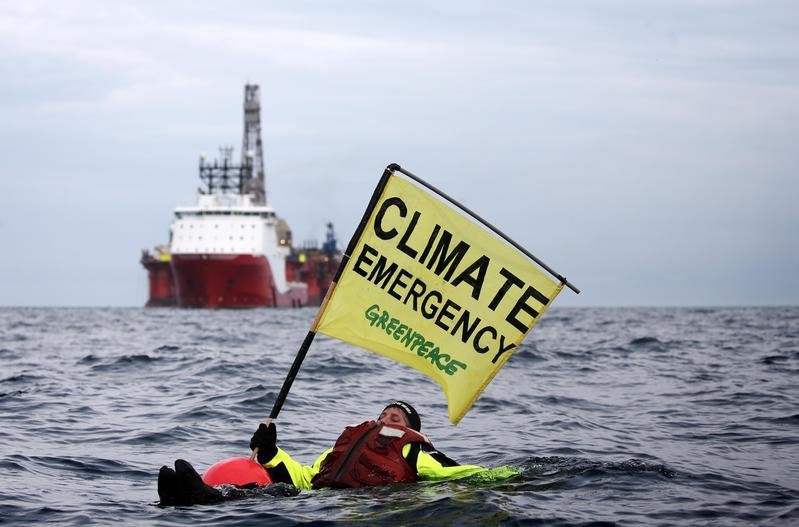At present, the government only assesses the impact of emissions that come from oil production, and disregards the emissions resulting from burning the oil extracted.
Emissions from burning the oil extracted at Vorlich will be the equivalent of over three coal plants running for one year.
‘Climate compatibility checks’
In March, the government promised to undertake ‘climate compatibility checks’ for future licences, but these would not apply to permits – like Vorlich or Cambo.
And the government hasn’t yet launched any kind of consultation on what these checks should entail.
If these proposed checks do not extend to emissions resulting from burning the oil extracted, then they will go no further than the inadequately implemented processes already in place.
The licence for the Vorlich field was granted in 1981, when no obligations or legislation existed to regulate climate impacts. Therefore unless these emissions are considered in the permitting process, it will not be considered by the government at all – which in today’s context is an abhorrent failure of duty.
The Vorlich consultation
Greenpeace will also argue that the government failed to properly consult on its decision to grant BP’s Vorlich permit.
The government has a legal duty to give members of the public a chance to be consulted on, and object to, permit decisions, and the government is legally required to publish decision outcomes.
But the Vorlich consultation was so poorly publicised that it received no responses, and the government failed to publish its final decision, until it was forced to do so by Greenpeace in the courts.
Another element of Greenpeace’s argument is that the government failed to assess how much flaring would take place as a result of this permit being granted.
BP mis-stated its expected flaring in its initial application, and underestimated the flaring by 10 times, in what appears to be a clerical error. The government failed to notice this mistake as part of its permit process.
A string of legal battles
This week’s court case is the latest in a string of legal battles where campaigners are holding governments and oil companies to account for their policies on fossil fuels in the face of climate destruction.
The UK government is facing a second legal challenge from campaigners at Paid to Pollute, over its policy of granting state aid to oil companies.
And in May, a Dutch court ordered Shell to cut its oil production by 45% by 2030.
Greenpeace has written to the government warning that if it decides to approve an oil permit at Cambo, it will launch a legal bid to overturn the decision.
 Play Video about This Rock Might Just Save The World
Play Video about This Rock Might Just Save The World Play Video about Play 2 hours of rock
Play Video about Play 2 hours of rock Play Video about Play 2 hours of brook
Play Video about Play 2 hours of brook Play Video about Play 2 hours of sheep
Play Video about Play 2 hours of sheep











































